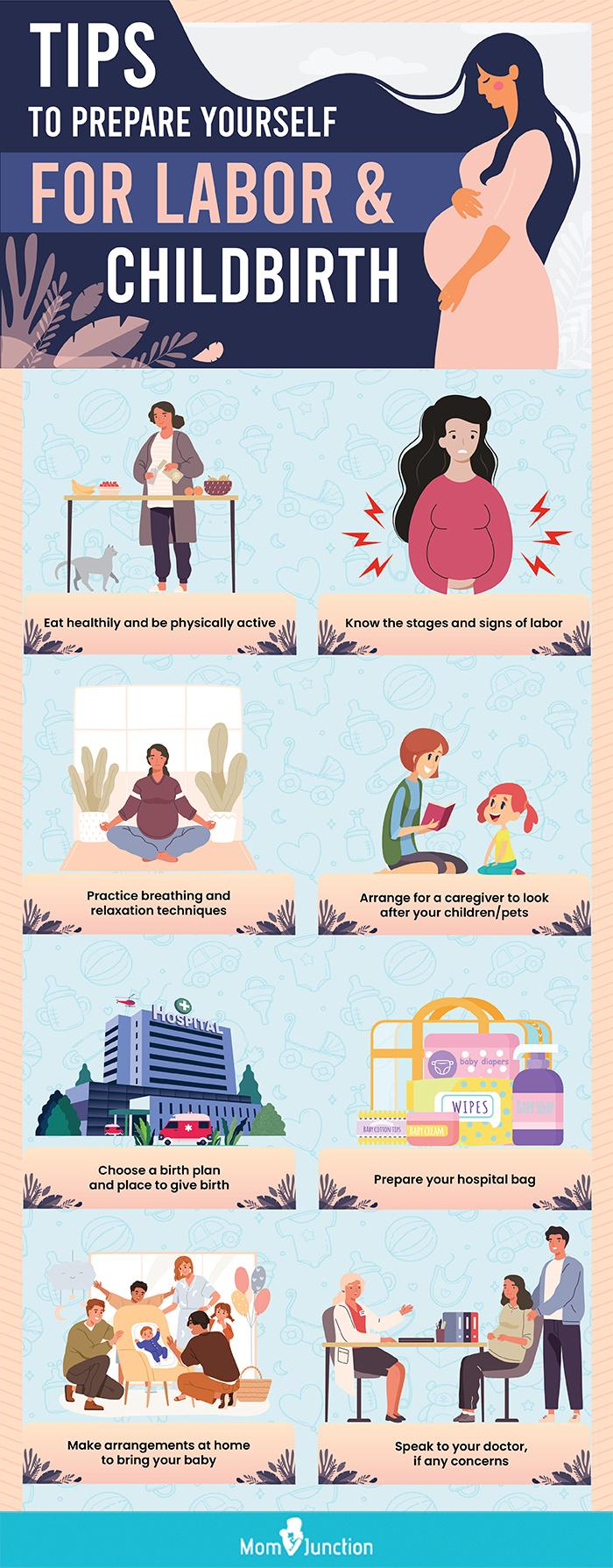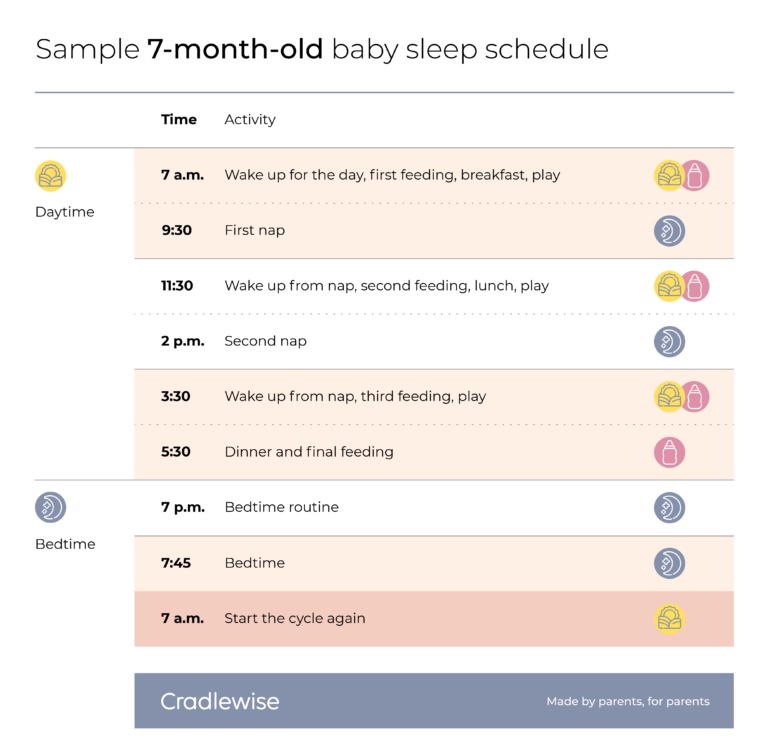How Long After Baby Drops Does Labor Start
Are you anxiously awaiting the arrival of your little one and wondering how long after the baby drops does labor start? This is a common question among expectant mothers as they near the end of their pregnancy journey. Understanding the signs and signals that indicate labor is on the horizon can help you feel more prepared and ready for the big day.
Knowledge
When a baby drops, also known as lightening or engagement, it means that the baby has moved down into the pelvis in preparation for birth. This typically happens in the final weeks of pregnancy, but every woman’s experience is unique. For first-time mothers, the baby dropping may occur a few weeks before labor begins, while for women who have had previous pregnancies, it may happen closer to the start of labor.
Some common signs that indicate the baby has dropped include:
It’s important to note that not all women will experience these signs, and some may not even notice when their baby drops. If you have any concerns or questions about the position of your baby, be sure to discuss them with your healthcare provider.
Once the baby drops, the countdown to labor begins. For many women, labor can start within a few days to a few weeks after the baby has engaged in the pelvis. However, it’s essential to remember that every pregnancy is different, and there is no definitive timeline for when labor will start after the baby drops.
Some women may experience a gradual onset of labor symptoms, such as mild contractions, back pain, or a change in vaginal discharge, in the days following the baby dropping. Others may go into labor suddenly without warning. It’s crucial to listen to your body and pay attention to any changes or new sensations you may be feeling.
Conclusion
In conclusion, understanding how long after the baby drops labor starts can help you feel more prepared and informed as you await the arrival of your little one. Remember that every pregnancy is unique, and while the baby dropping is a sign that labor is approaching, there is no exact timeline for when it will begin. Trust your instincts, stay in close communication with your healthcare provider, and be ready for the exciting journey that lies ahead.
For expectant mothers who are eagerly awaiting the start of labor, knowing the signs of the baby dropping and being prepared for what may come next can help alleviate some of the uncertainty and anxiety that often accompanies the final weeks of pregnancy. By staying informed and aware of your body’s signals, you can approach the onset of labor with confidence and excitement.






